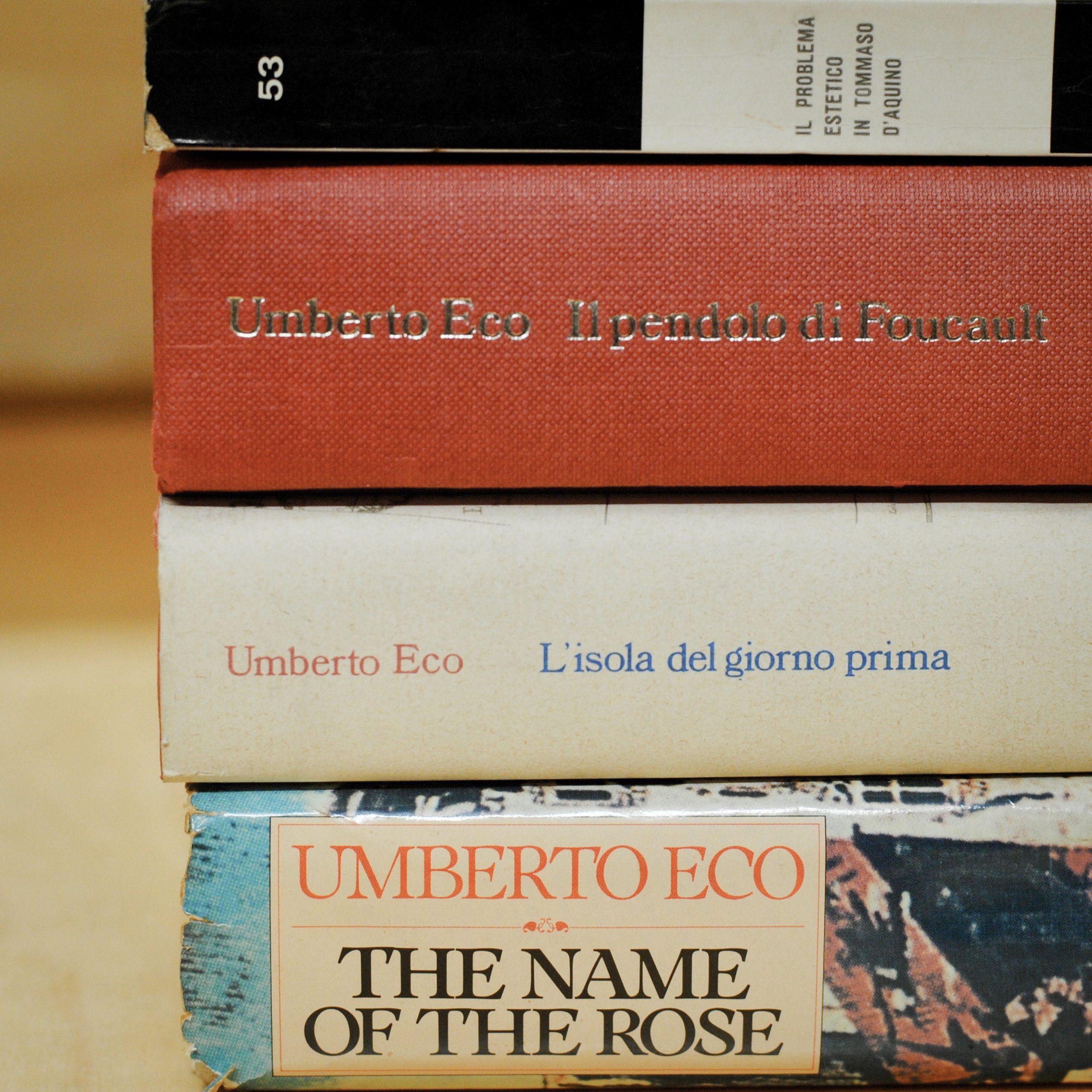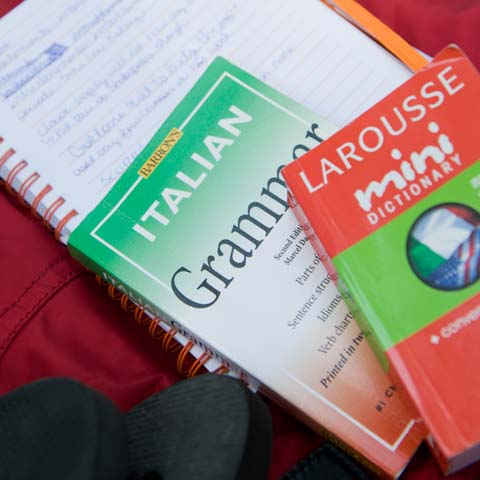The Comprehensive Guide to IB Japanese A Literature
If you have chosen to study IB Japanese A Literature, you are embarking on an enriching journey into the world of Japanese literature. This comprehensive guide will provide you with essential information about the course, its components, assessment criteria, and tips for success. Let's explore the fascinating world of IB Japanese A Literature!
Understanding the Course
IB Japanese A Literature is a course that focuses on the study of Japanese literary works, both in their original language and in translation. Through the exploration of various texts, including novels, short stories, poetry, and drama, you will develop critical thinking skills, literary analysis abilities, and an appreciation for Japanese literature.
Components of the Course
The IB Japanese A Literature course consists of several key components that contribute to your overall learning and assessment:
Literary Works
In this component, you will engage with a range of Japanese literary works. You will analyze the themes, styles, and techniques employed by authors to convey their messages and explore the cultural and historical contexts that influenced the creation of these works.
Contextual Study
The Contextual Study component focuses on understanding the social, cultural, and historical contexts in which the literary works were produced. By examining the cultural values, traditions, and events relevant to the texts, you will gain deeper insights into the meaning and significance of the literature.
Critical Study
In the Critical Study component, you will analyze and evaluate different critical approaches to the study of Japanese literature. You will explore various interpretations and perspectives, considering the influence of different literary theories and methodologies.
Written Assignments
Throughout the course, you will be assigned written tasks that require you to demonstrate your understanding of the literary works, your ability to analyze them critically, and your skills in constructing well-structured and coherent arguments.
Assessments
The IB Japanese A Literature course is assessed through a combination of internal and external assessments. Internal assessments include oral presentations, commentaries on literary works, and written assignments. External assessments include written exams that test your knowledge, analysis, and interpretation of the literature.
Tips for Success
To excel in IB Japanese A Literature, consider the following tips:
Read Widely
Engage with a variety of Japanese literary works, including both classic and contemporary texts. Read novels, short stories, poetry, and plays from different periods and genres to broaden your understanding of Japanese literature.
Analyze and Interpret
Develop your analytical and interpretive skills by closely examining the literary works. Pay attention to themes, symbolism, narrative techniques, and cultural references. Consider the historical and social context in which the works were written to deepen your understanding.
Research Cultural Context
Go beyond the text and research the cultural, historical, and social background of the literary works. This will provide you with a deeper appreciation of the connections between the literature and the larger Japanese cultural landscape.
Participate Actively
Engage actively in class discussions, group activities, and literary analyses. Share your interpretations, insights, and questions with your classmates and teacher. Actively participating in discussions will enhance your understanding and expose you to different perspectives.
Improve Language Skills
Work on improving your Japanese language skills, both in terms of reading and comprehension. Practice reading Japanese texts, watching Japanese films or TV shows, and engaging in conversations with native speakers. Improving your language skills will enhance your ability to engage with the literary works in their original language.
FAQs
-
Do I need to be fluent in Japanese to excel in IB Japanese A Literature?
While fluency in Japanese is beneficial, it is not a requirement to succeed in the course. Translations of the literary works are available, allowing you to study the texts even if you are not proficient in Japanese. However, developing your Japanese language skills will enhance your understanding and appreciation of the original texts.
-
Can I choose my own literary works for analysis?
No, the IB Japanese A Literature course has prescribed texts that you must study. These texts are carefully selected to represent different genres, time periods, and themes in Japanese literature. It is important to engage with these prescribed texts to meet the course requirements.
-
How can I improve my writing skills for the written assignments?
Practice writing analytical essays and commentaries on the literary works. Pay attention to structure, clarity, and coherence in your writing. Seek feedback from your teacher and revise your work accordingly. Additionally, read exemplary essays or literary critiques to understand effective writing techniques.
-
What resources can I use to deepen my understanding of Japanese literature?
In addition to the prescribed texts, explore literary criticism, scholarly articles, and books about Japanese literature. Visit libraries, cultural centers, and online resources dedicated to Japanese literature. Engage with Japanese literary events, such as book fairs or author talks, to expand your knowledge.
-
How can I prepare for the external assessments?
Familiarize yourself with the assessment criteria and practice answering past exam questions. Develop your ability to analyze and interpret literary texts by practicing close reading and developing well-supported arguments. Seek guidance from your teacher and consider joining study groups to exchange ideas and practice exam techniques.
Conclusion
IB Japanese A Literature offers a wonderful opportunity to explore the rich and diverse world of Japanese literature. By engaging with the prescribed texts, developing analytical and interpretive skills, and immersing yourself in Japanese culture, you can excel in the course. Embrace the beauty of Japanese literature and enjoy the intellectual and cultural journey that awaits you!

 By
By


